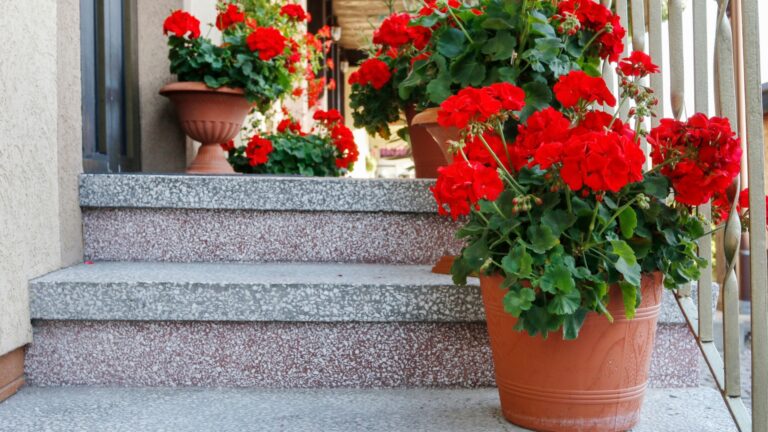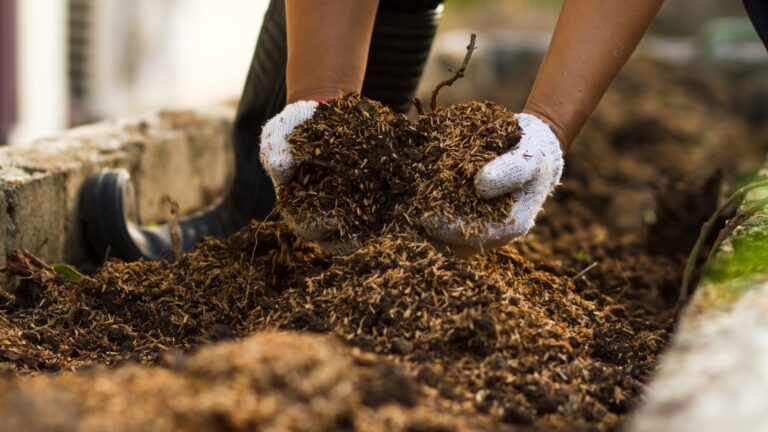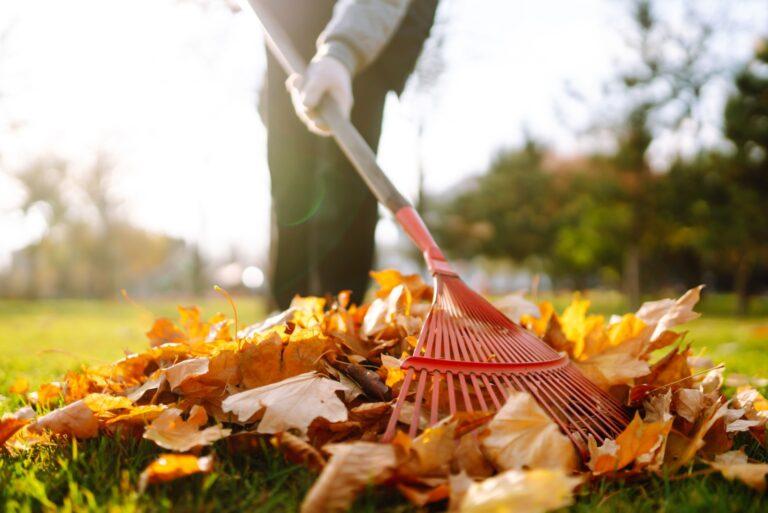Why Michigan Gardeners Mulch Their Bulbs Long Before Others Do

Michigan gardeners know cold snaps that hit out of the blue and sink their teeth deep, so they act fast long before winter shows its full hand.
A thick blanket of mulch goes down early, locking in warmth and shielding bulbs from the kind of freeze that stops growth in its tracks. This head start pays off in spring, when beds wake up strong and steady while others still play catch-up.
Winter Arrives Earlier Than Most Expect

Michigan’s first freeze can sneak up as early as mid-October in some areas. Waiting too long means the ground becomes rock-hard, making mulching nearly impossible.
Early mulching gives bulbs time to settle in before temperatures plummet. Smart gardeners finish this task by late September or early October.
Getting ahead of the cold snap protects your investment and saves you from scrambling when frost warnings appear on the weather forecast.
Extreme Temperature Swings Threaten Bulb Health

One day it’s 60 degrees, the next it’s 20. Michigan weather acts like a rollercoaster in fall and winter.
Bulbs hate these wild temperature changes because they trigger premature sprouting or cause damage to tender roots. Mulch creates a stable environment that keeps soil temperatures more consistent.
Without this protective barrier, your tulips and daffodils might push up shoots too early, only to get zapped by a late freeze that ruins your spring display.
Heavy Snowfall Needs A Buffer Layer
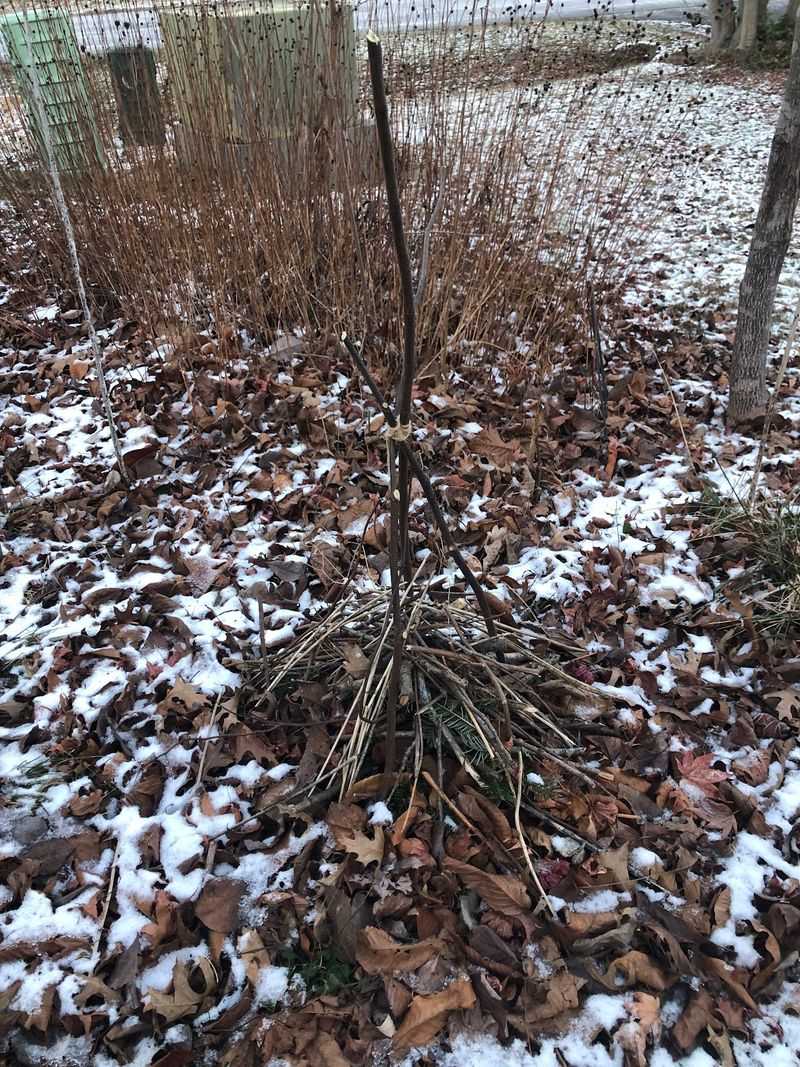
Michigan receives substantial snowfall each winter, with some regions getting over 100 inches annually. Snow can actually help insulate bulbs, but the weight and freeze-thaw cycles create problems.
Mulch provides a cushioning layer between the heavy snow and your buried bulbs. It prevents soil compaction that can suffocate roots.
When spring melt begins, mulched beds drain better and warm up more gradually, giving bulbs the perfect conditions to emerge strong and healthy.
Frost Heaving Can Push Bulbs To The Surface
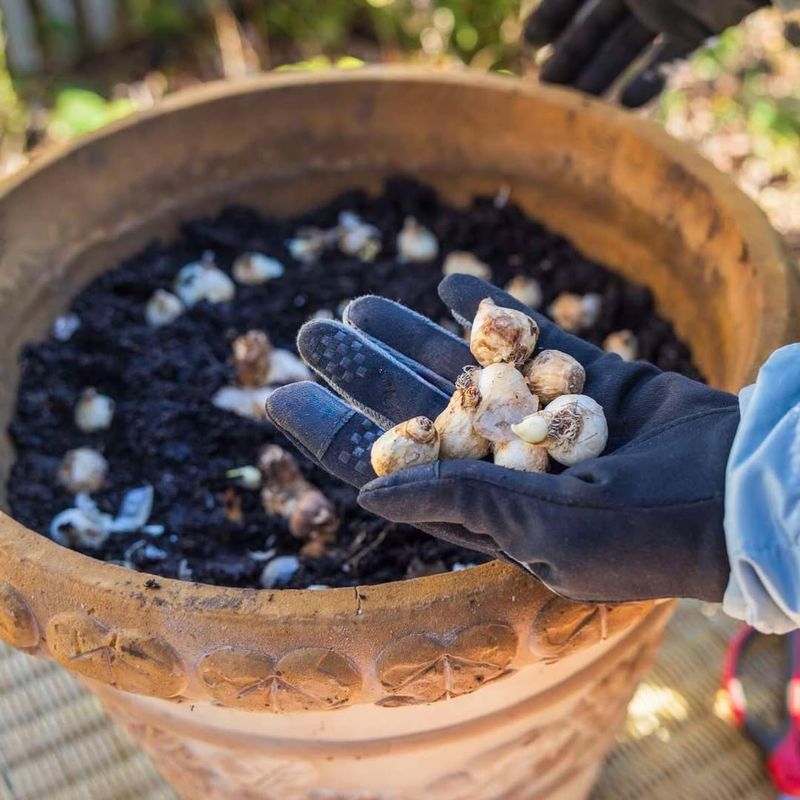
Ever noticed rocks or plants mysteriously rising from the ground after winter? That’s frost heaving at work, and it’s especially common in Michigan’s clay-heavy soils.
When soil freezes and thaws repeatedly, it expands and contracts, literally pushing bulbs upward. Exposed bulbs face certain damage from cold and drying winds.
A thick mulch layer minimizes these freeze-thaw cycles, keeping your bulbs safely tucked underground where they belong until spring awakening arrives.
Shorter Growing Season Demands Preparation
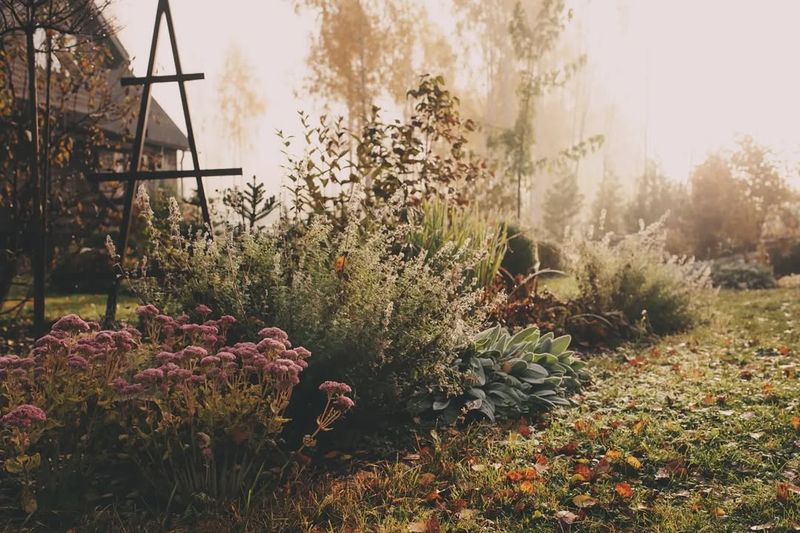
Michigan’s growing season runs about 140 to 180 days depending on location, much shorter than southern states. Every day counts when you want spectacular spring blooms.
Early mulching allows bulbs to establish strong root systems during fall’s milder weather. Well-rooted bulbs emerge faster and bloom more vigorously when spring finally arrives.
Gardeners who mulch late miss this critical root development window, resulting in delayed blooms or weaker flowers that don’t live up to their potential.
Wildlife Stays Active Longer In Fall

Squirrels, chipmunks, and voles remain busy in Michigan gardens well into November, desperately gathering food for winter. Freshly planted bulbs look like a feast to these hungry critters.
Mulch helps disguise the scent of newly planted bulbs and makes digging more difficult for persistent paws. Combined with other deterrents, it significantly reduces bulb theft.
Waiting to mulch leaves your bulbs vulnerable during peak wildlife activity, when animals are most motivated to find and store food.
Clay Soil Requires Extra Moisture Management

Much of Michigan sits on clay-based soil that drains poorly and can waterlog bulbs during wet fall weather. Root rot becomes a serious threat when bulbs sit in soggy conditions.
Mulch absorbs excess moisture during heavy rains while preventing rapid evaporation during dry spells. It creates balanced moisture levels that keep bulbs healthy but not waterlogged.
Early application gives the mulch time to settle and begin its moisture-regulating work before autumn’s unpredictable rain and snow patterns begin in earnest.
Wind Chill Factor Intensifies Cold Damage
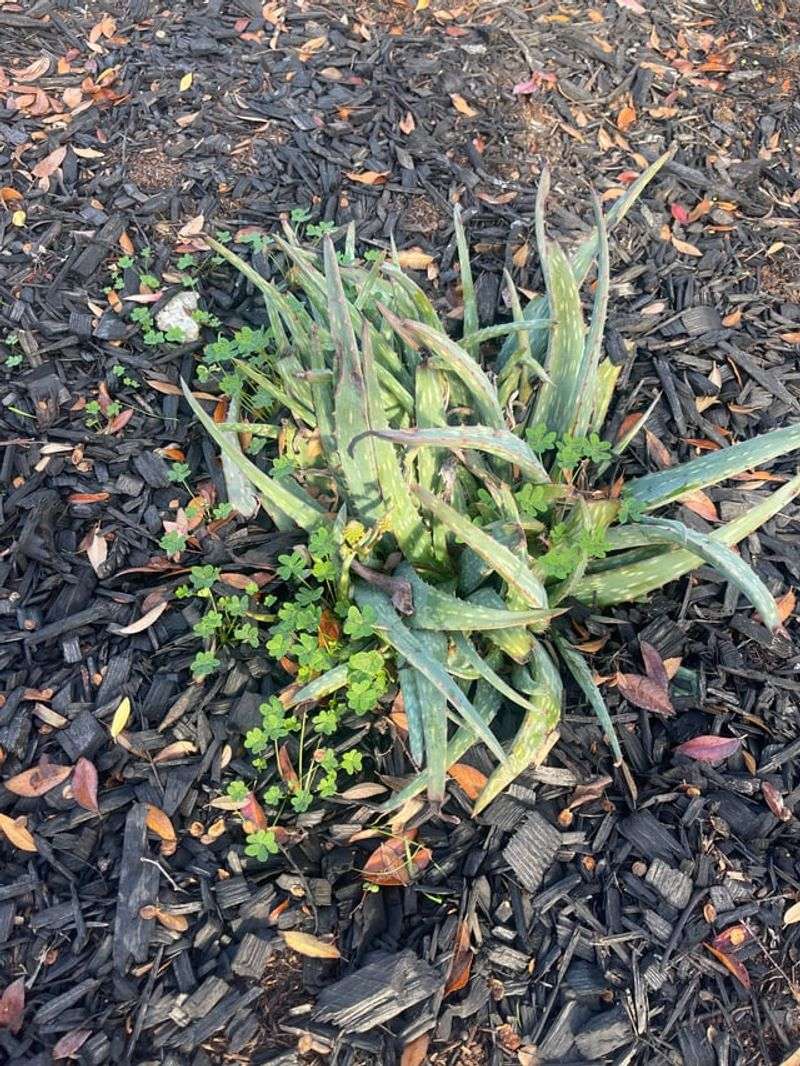
Michigan’s position near the Great Lakes means strong winds sweep across gardens throughout winter. Wind chill doesn’t just affect people—it impacts soil temperature too.
Exposed garden beds lose heat rapidly when cold winds blow across them, creating harsher conditions than the actual air temperature suggests. Bulbs in these beds suffer more stress and damage.
Mulch acts like a cozy blanket, blocking wind penetration into the soil and maintaining more stable temperatures that help bulbs survive the season unscathed.
Spring Comes Late But Arrives Suddenly
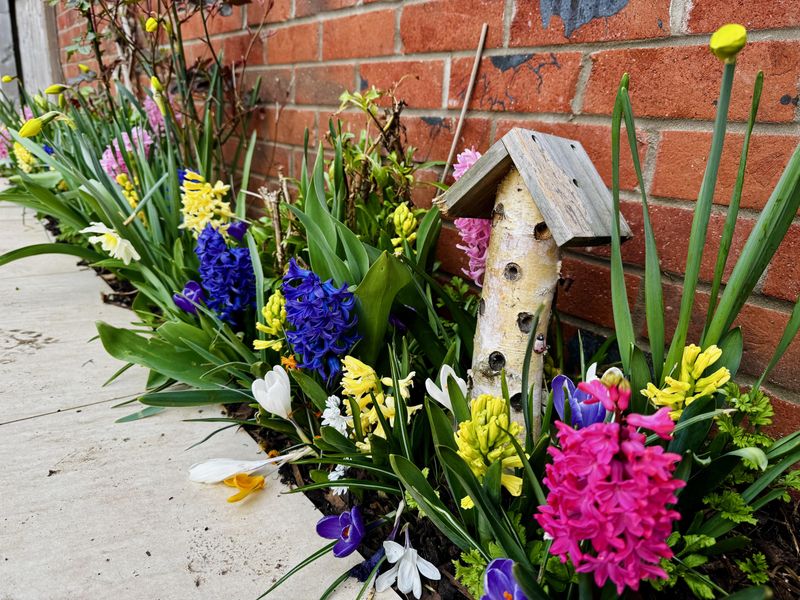
Michigan springs are notoriously unpredictable. One week you’re shoveling snow, the next week temperatures hit 70 degrees and everything explodes into growth simultaneously.
Properly mulched bulbs handle this rapid transition better because they’ve been protected all winter long. Their energy goes into producing gorgeous blooms instead of recovering from cold damage.
Gardeners who skip early mulching often discover their bulbs emerge weak, bloom poorly, or don’t appear at all after struggling through Michigan’s brutal winter conditions.


